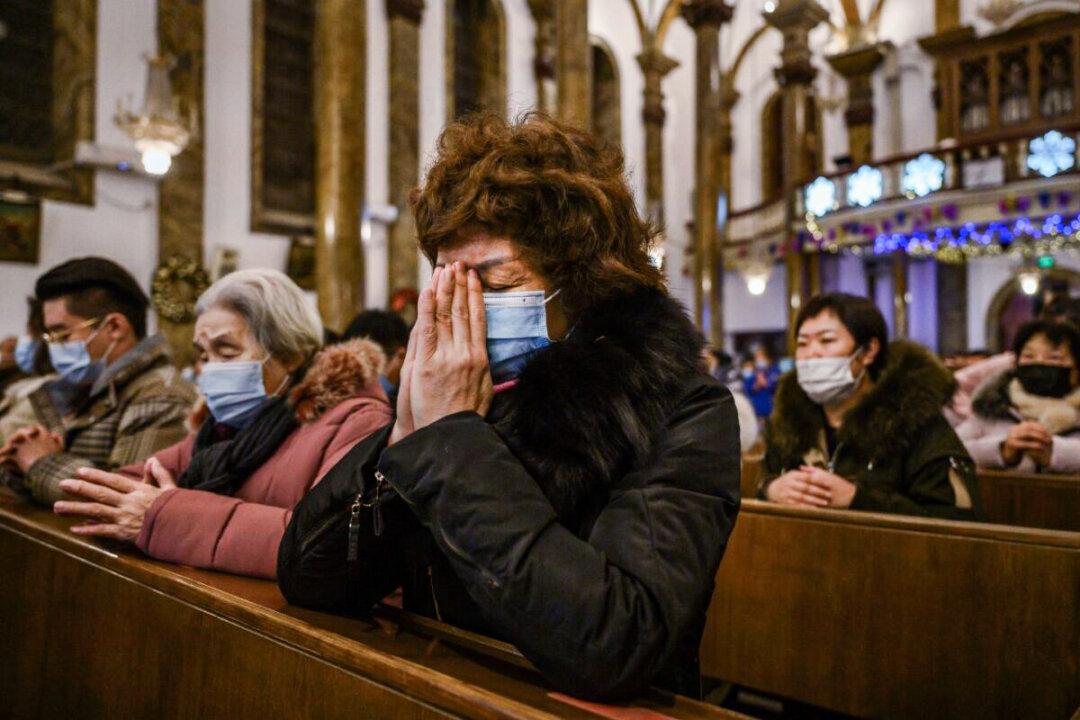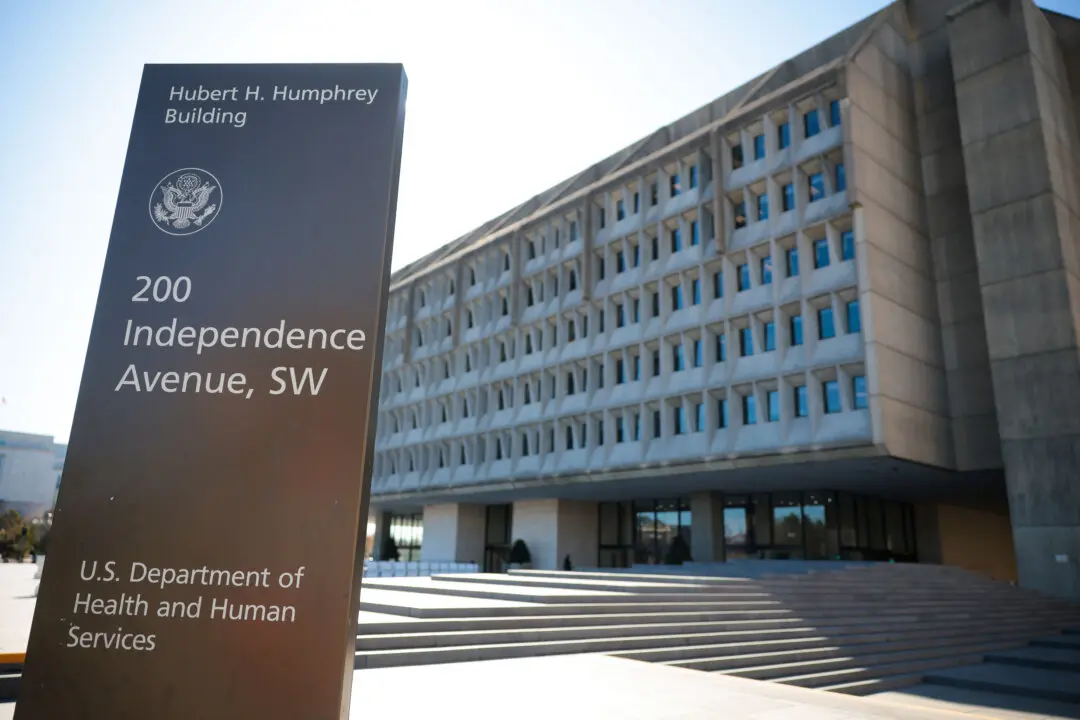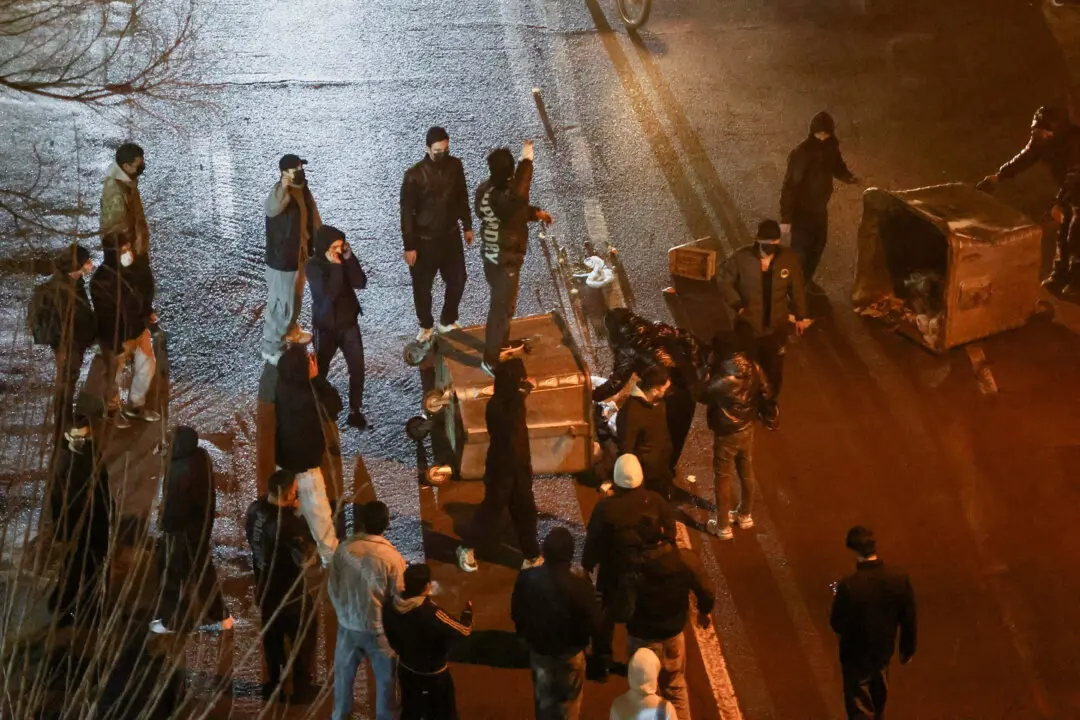A Christian group, which fled religious persecution in China in 2019 and sought refuge in Thailand, is now seeking asylum in the United States as they face possible deportation by the Thai government.
Some 60 members of the Shenzhen Holy Reformed Church, also known as the Mayflower Church, left China in October 2019 to escape religious persecution from the Chinese Communist Party (CCP).





